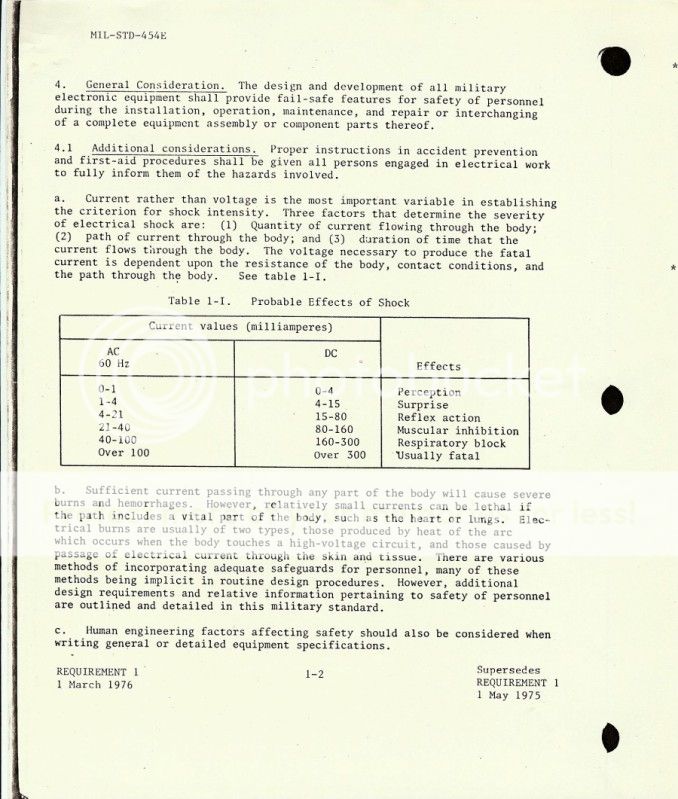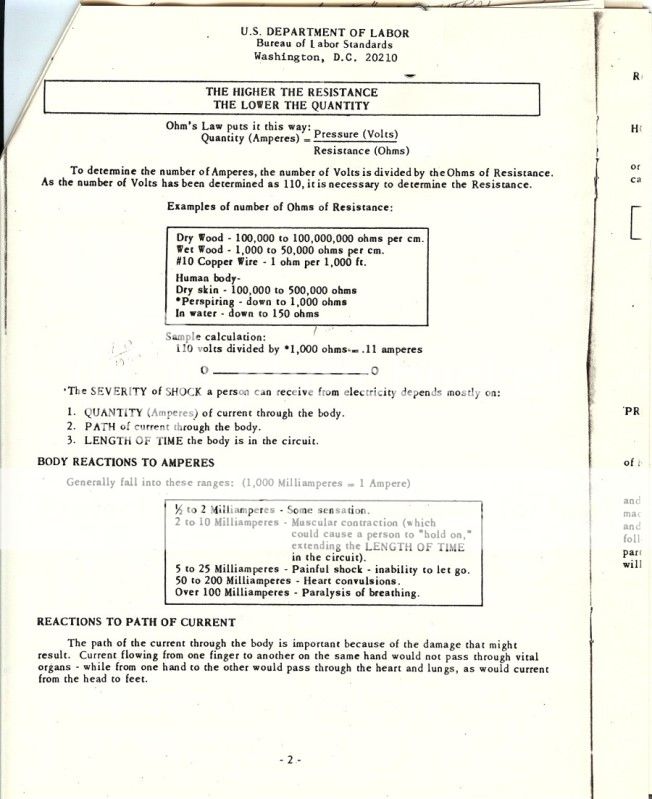Laugh if ya will; but I had to see with my own eyes. So, I took a WEE LITTLE 9v battery used in electronic devices around the house (smoke detector, etc) and took a voltage reading - using same meter and setting as used for checking the LARGE 6v battery on my tractor.
Yep, the wee little battery registered 9v.
Sooooooooo...I should be able to put the wee little 9v battery on my tractor instead of the large 6v battery - and I would have more voltage.
Hmmm? Must be something more than voltage that the tractor needs. Must be something very closely associated with that voltage.
Hmmm? Must be that amperage is vital. More amps certainly provides more starting power.
Without getting too technical, if possible, anyone want to explain amperage and its relationship to voltage?
Yep, the wee little battery registered 9v.
Sooooooooo...I should be able to put the wee little 9v battery on my tractor instead of the large 6v battery - and I would have more voltage.
Hmmm? Must be something more than voltage that the tractor needs. Must be something very closely associated with that voltage.
Hmmm? Must be that amperage is vital. More amps certainly provides more starting power.
Without getting too technical, if possible, anyone want to explain amperage and its relationship to voltage?



